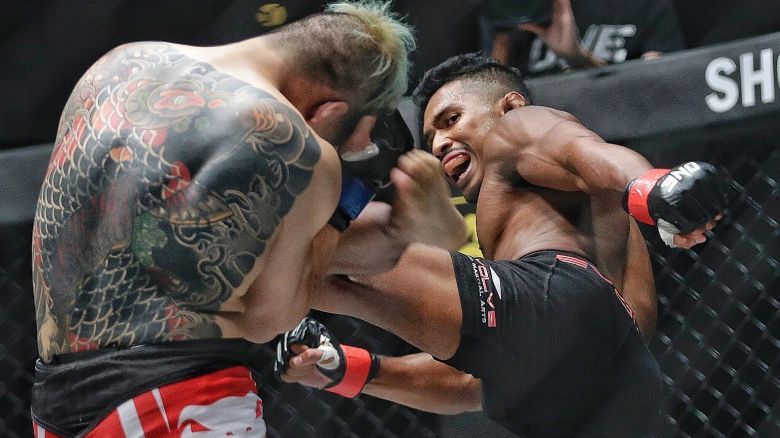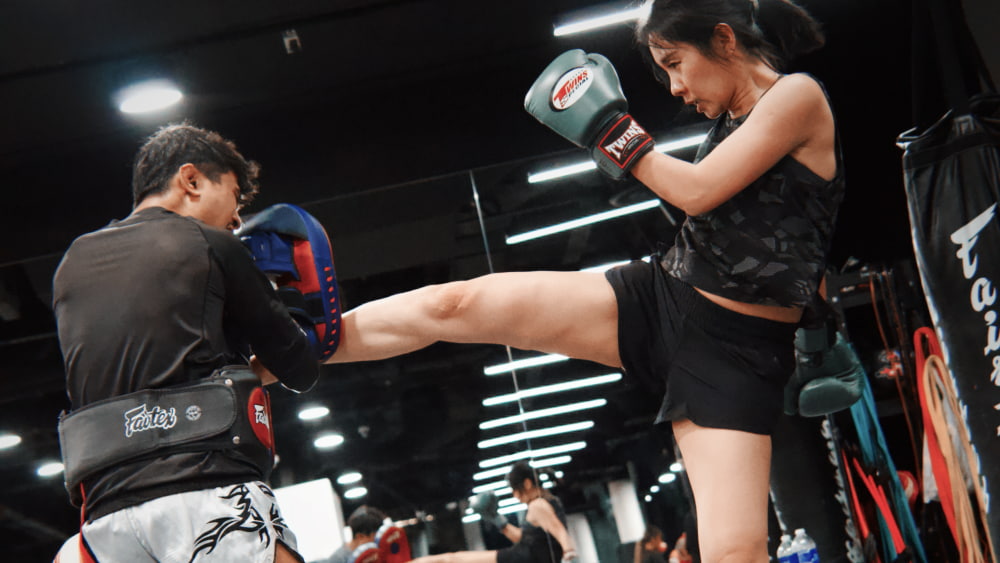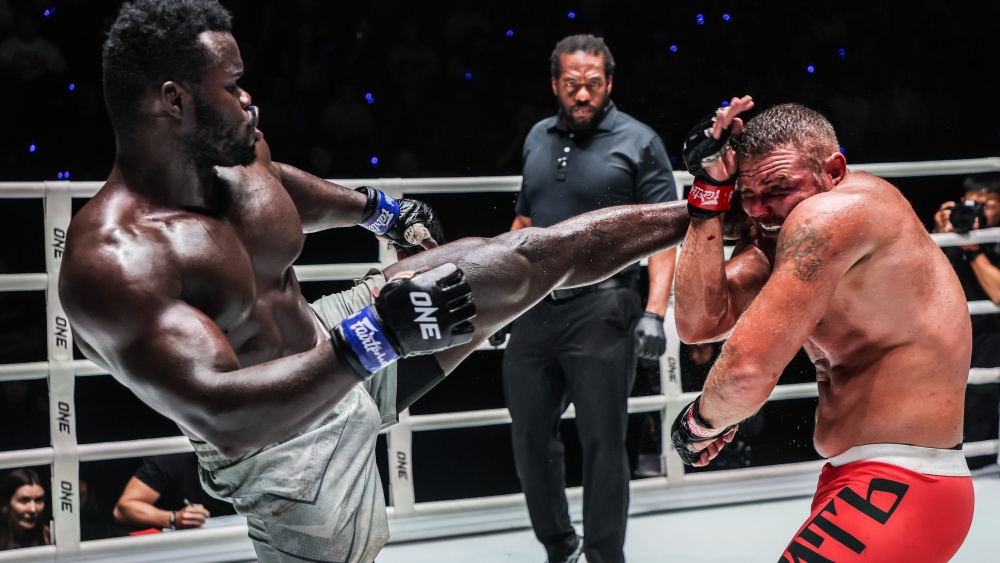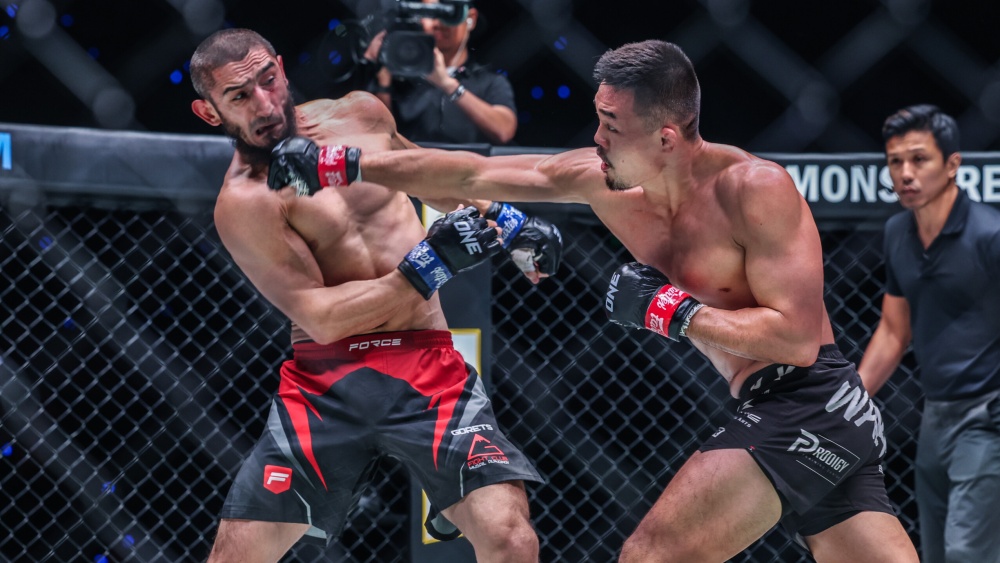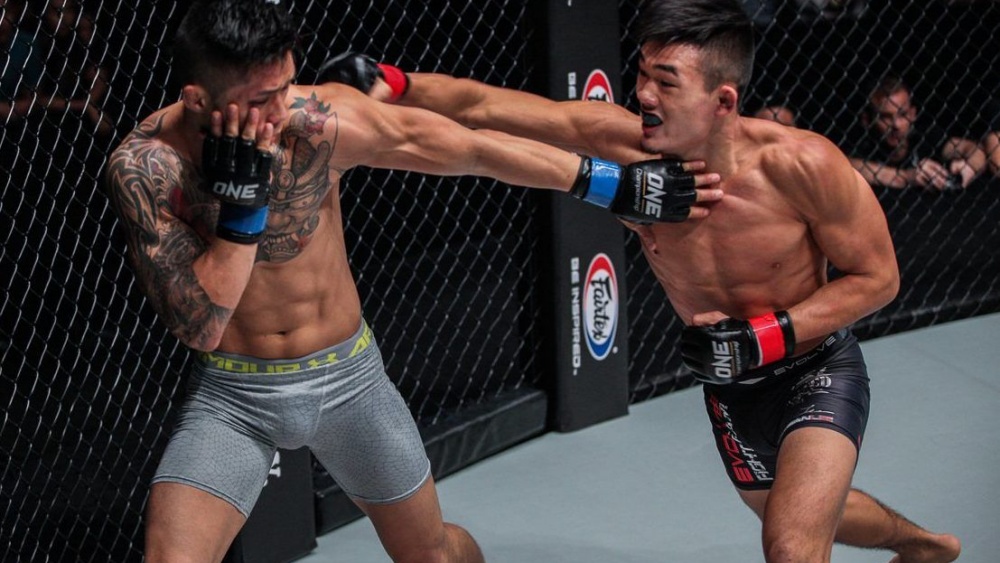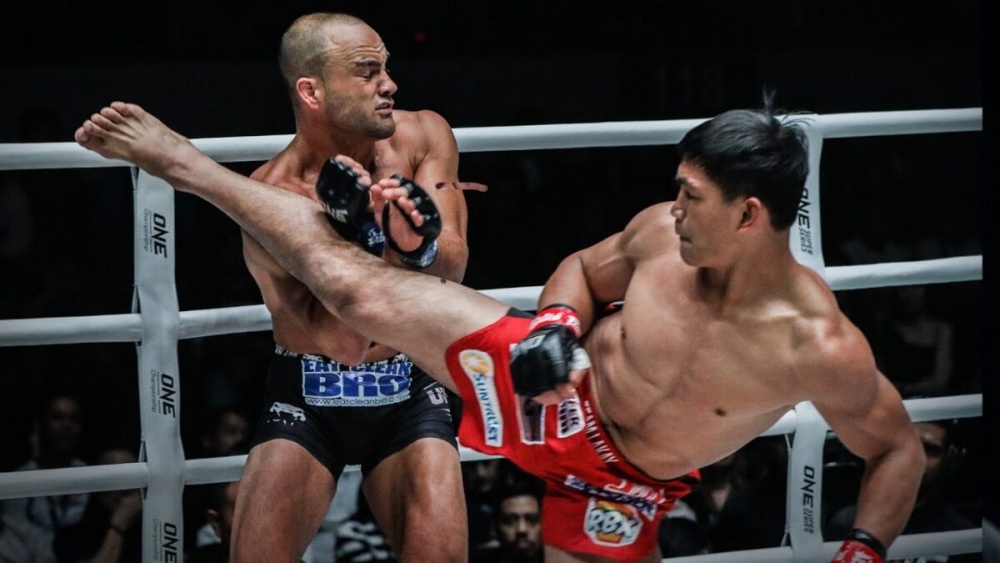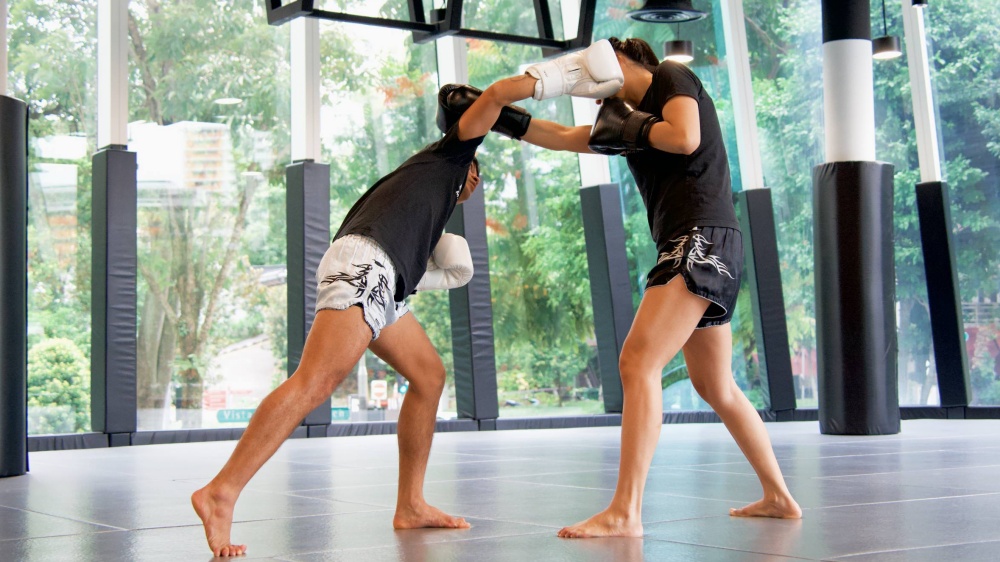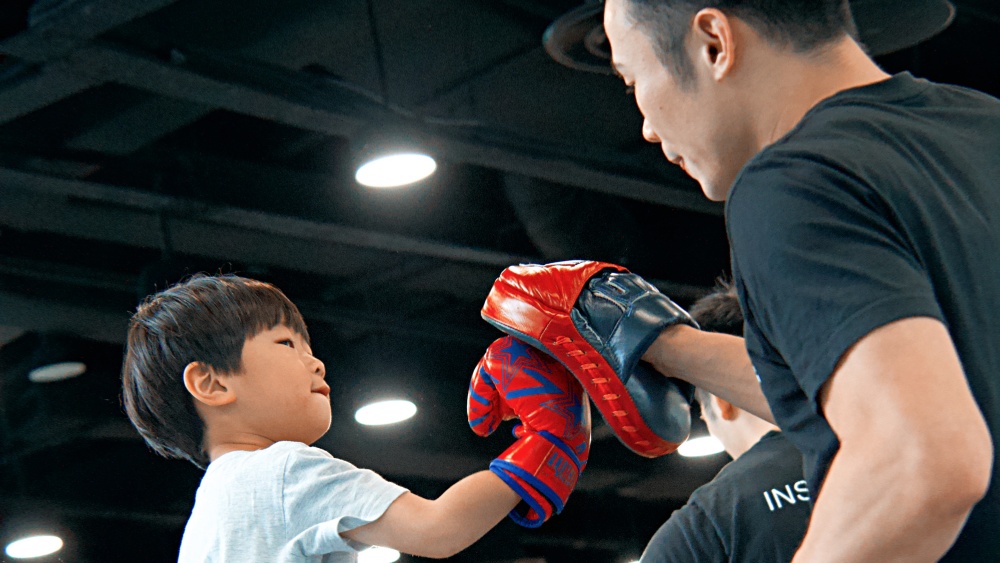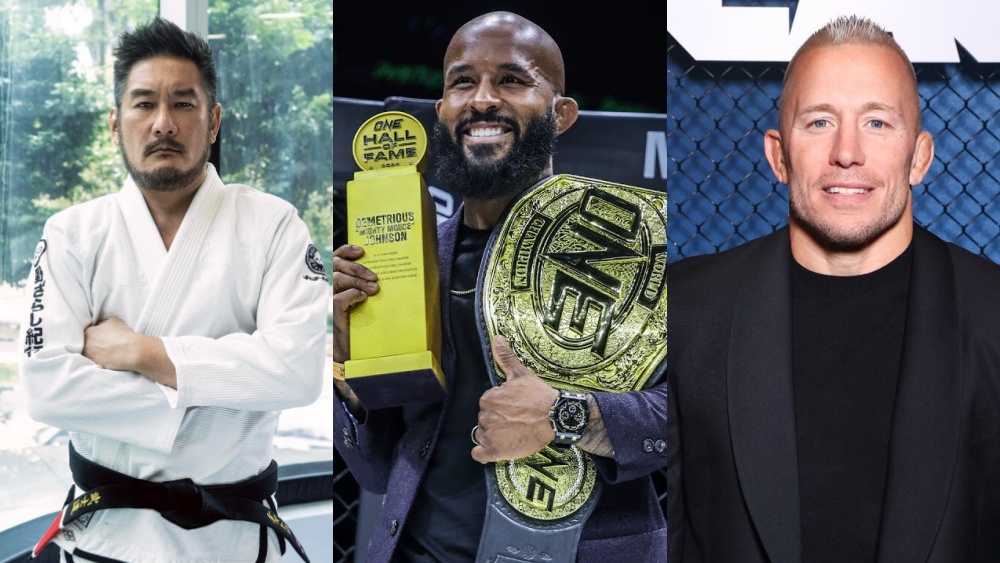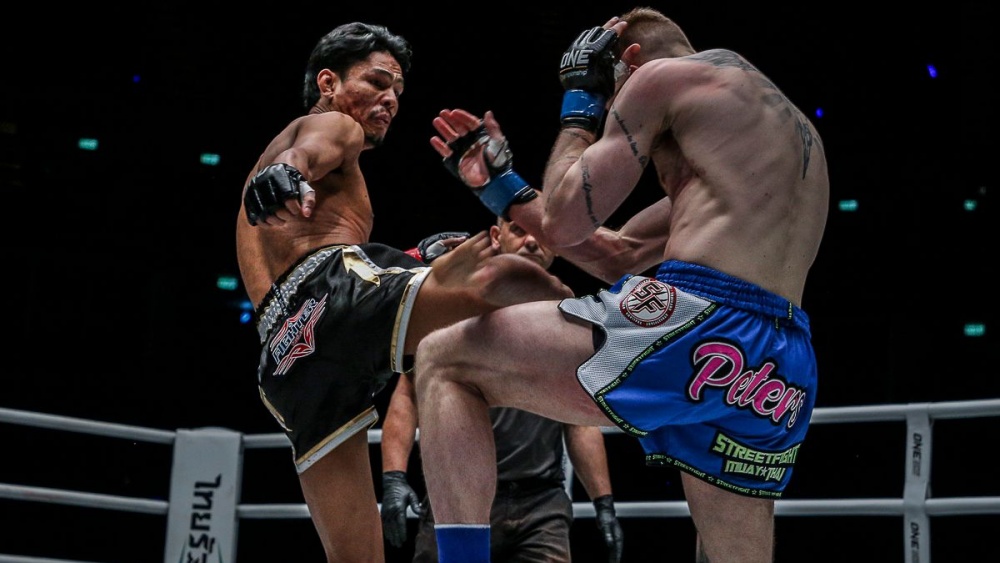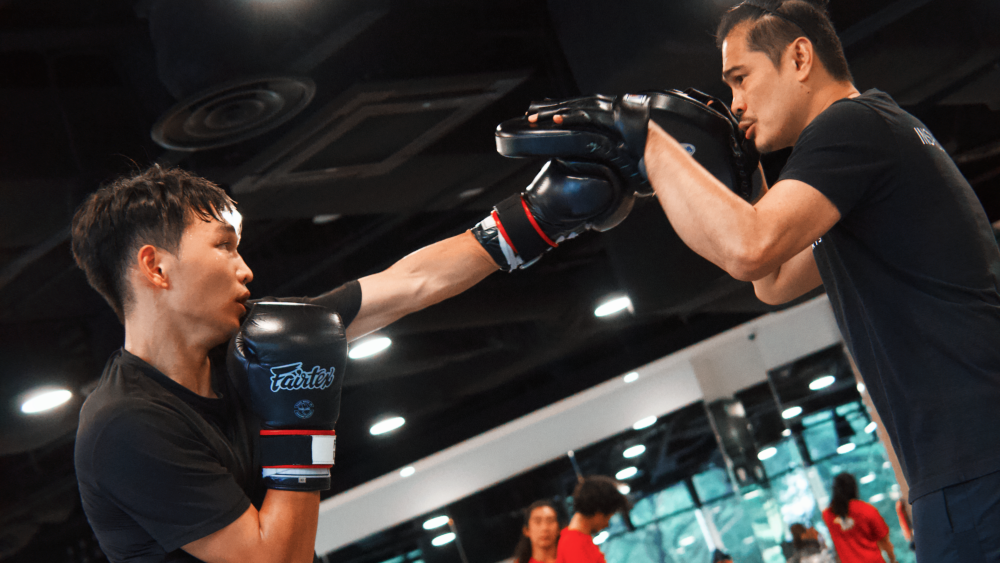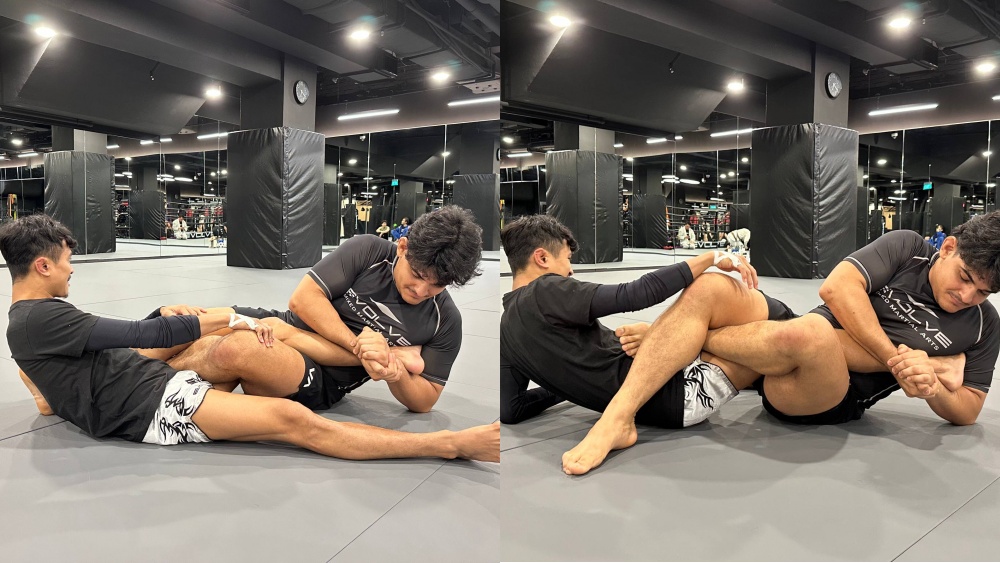The sports of mixed martial arts (MMA) has proven to be the ultimate testing ground for martial arts. Once upon a time, you could only wonder about what would happen if you tossed a wrestler in a ring with a Kung-Fu master. Matches that pitted fighters from different combat styles were rare, so there was little data to go by when it came to analyzing the effectiveness of each system.
All that came to an end when mixed martial arts started becoming popular in the 90s. For the first time, a large audience got to watch practitioners from different martial arts compete, and it has changed the way we all look at combat.
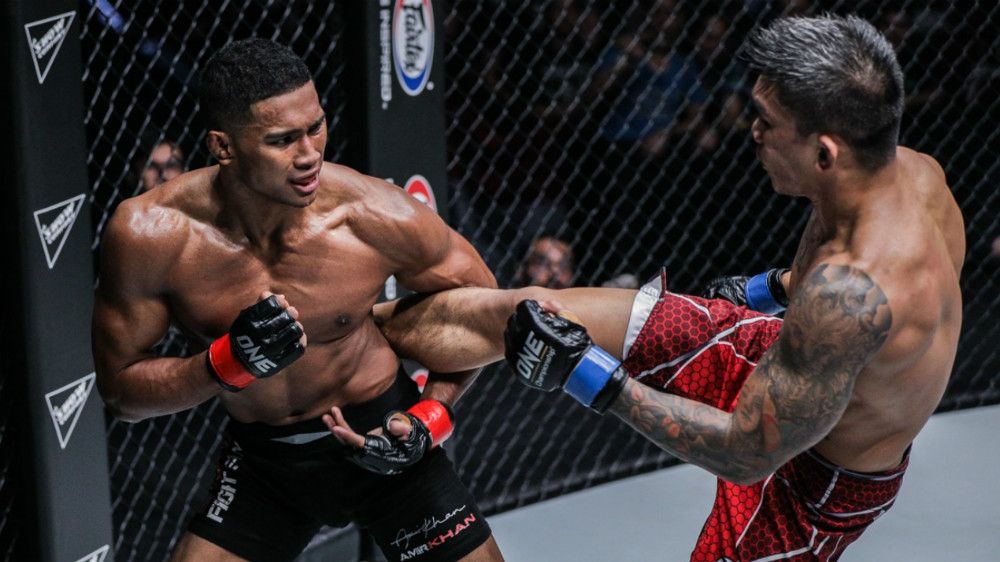
Grapplers dominated the early days of mixed martial arts competition, some of their success was due to the fact most people had no idea how to defend against grappling techniques. It’s hard to defend against an armbar when you can’t even tell your opponent is trying to set one up.
Still, the effectiveness of Brazilian Jiu-Jitsu (BJJ) was quite evident during the early days of MMA. The ability to control an opponent on the ground and the ability to finish fights from disadvantageous positions proved to be excellent skills for fighters to have.
It led to a boom in the popularity of BJJ classes all over the world as it proved to be one of the most effective fighting systems around. Over time, mixed martial artists became more aware of BJJ techniques, and that led to an era that was dominated by wrestlers. Eventually, sprawl and brawl fighters like Chuck Liddell started dominating the sport.
Nowadays, the sport of mixed martial arts truly lives up to its name. You will have a hard time finding a professional MMA fighter who is not well versed with all the different aspects of fighting.
The Big Three
This article will explore the three main martial arts that dominate mixed martial arts competition. If you plan to compete someday, you should be training all three consistently.
1) Brazilian Jiu-Jitsu
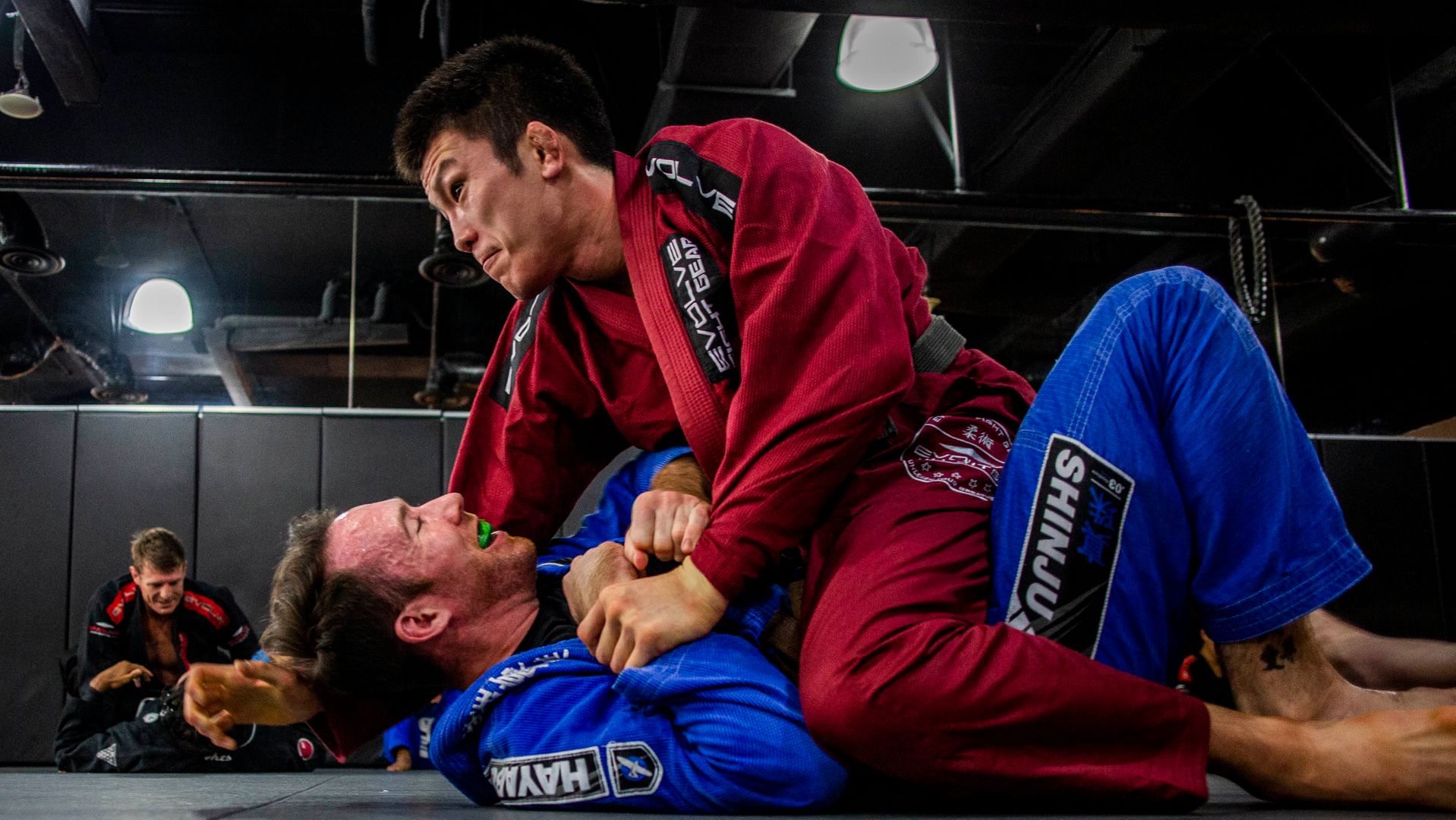
BJJ might be the most addictive martial art in the world. It is a grappling art that focuses on escaping, reversing, and attacking an opponent from any of the major positions you can end up in while on the ground. It incorporates submissions like armbars, chokes, and pressure locks to force an opponent to submit.
The trademark position in BJJ is the guard. To an unseasoned eye, the person on the bottom during a fight is losing the contest, but BJJ teaches you a plethora of submissions, sweeps, holds, and sweeps from there. A seasoned BJJ practitioner is more than capable of ending a fight while on his back. It means a BJJ practitioner is always in a fight even if things are not going his way.
Anderson’s Silva’s comeback against Chael Sonnen at UFC 117 is an excellent example of a BJJ specialist always being in a fight. Sonnen dominated Silva for four and a half rounds, and he only needed to survive the duration of the fifth round to become the new champion. However, Silva kept looking for submissions, and he managed to lock up a submission with a little over two minutes left in the fight. The submission instantly negated everything Sonnen had done up until that point. Ironically, Sonnen had harshly criticized the effectiveness of BJJ leading up to the fight.
2) Wrestling
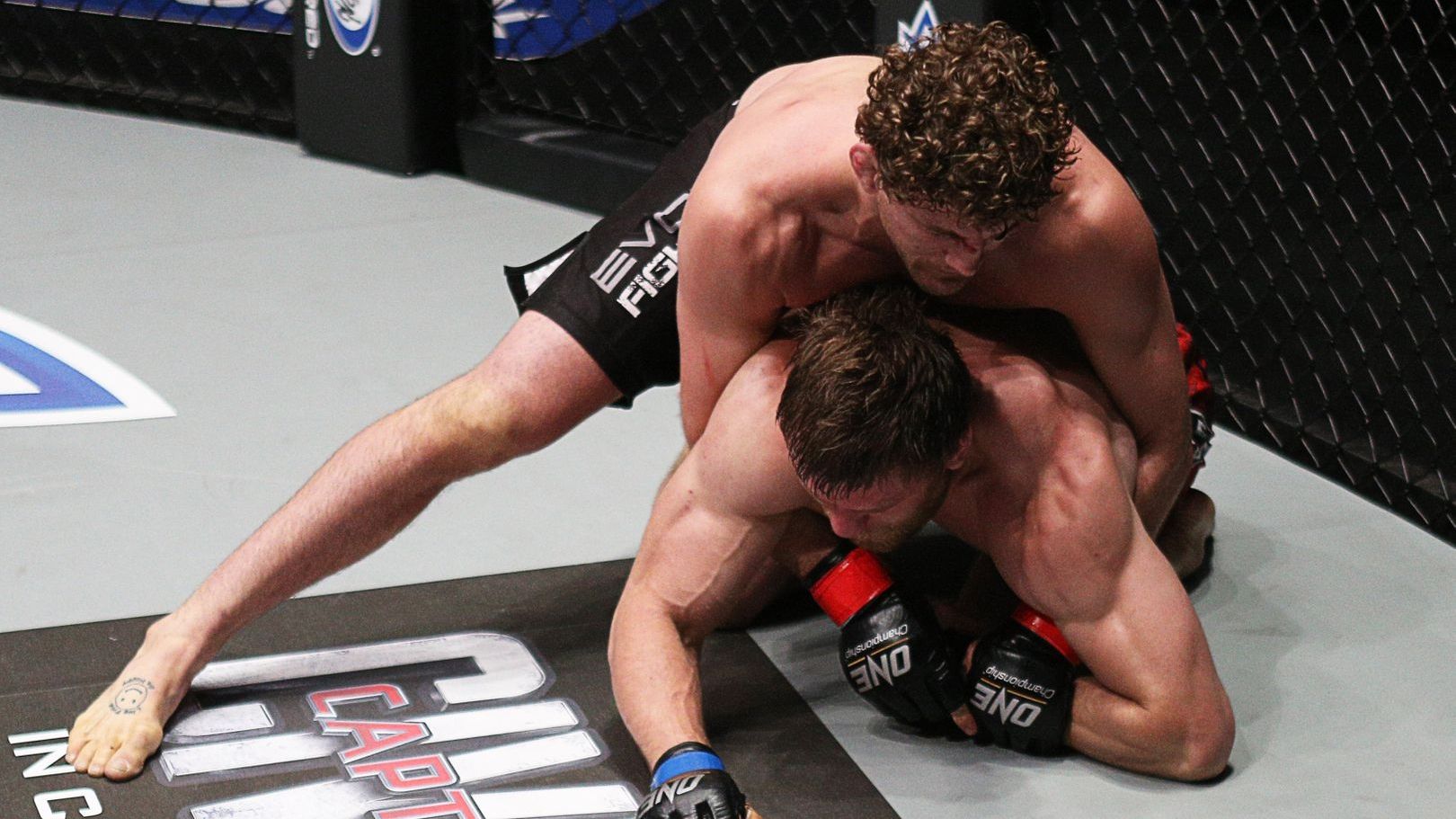
Wrestlers have had their fair share of success in mixed martial arts, and they continue to do so. Wrestling teaches you how to take others down and how to avoid being taken down. It also emphasizes good positional control when the fight gets to the canvas. Wrestlers are typically good at taking people down and keeping them there.
That’s a good thing as far as MMA is concerned. Takedowns and positional control score points in mixed martial arts contests, so the skills wrestlers develop translate well into mixed martial arts. They know how to dictate where the fight takes place, and dominant control wins them rounds inside a cage.
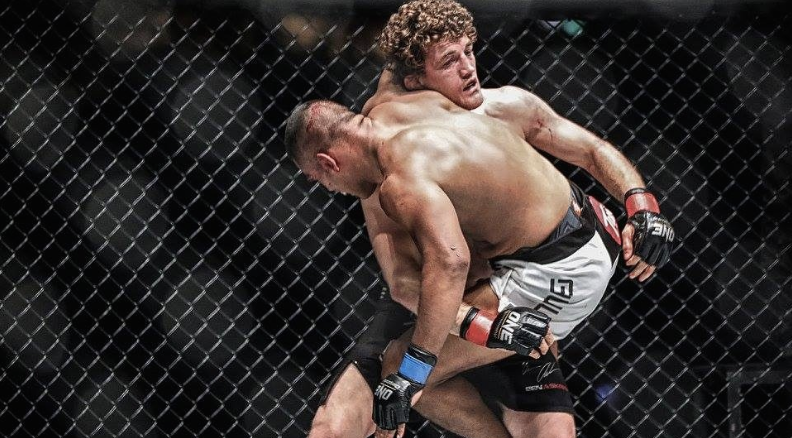
Wrestling is a physically intense activity, and it has a very competitive culture. It helps to build a strong work ethic, power, and extraordinary cardiovascular endurance. These attributes typically carry over when the wrestler starts learning other martial arts.
Wrestling is arguably the best base you can have for mixed martial arts. There are many fighters dominating amateur MMA circuits based solely on their wrestling abilities.
3) Muay Thai
Many striking styles have been tested inside cages, yet none compare to Muay Thai. Also called the art of eight limbs, it is the most complete striking system around. It prepares you for everything you have to deal with during mixed martial arts competition.
You learn how to avoid knees, kicks, punches, elbows, and trips, and how to counter with attacks of your own. It’s a fighting system that has been thoroughly tested, and it focuses on practical techniques that actually work. It certainly isn’t anywhere as flashy as some of the other styles, but you will be comfortable whenever you have to strike with an opponent.
All mixed martial arts contests start with both fighters standing up, so learning how to strike is essential. The days of one-dimensional fighters dominating MMA are long gone. Watch any top MMA fighter performing, and you will quickly notice how well-rounded their skills are.
All Martial Arts Can Be Effective Under The Right Circumstances
It turns out the legendary Bruce Lee was right. There is no perfect fighting system. A good martial artist takes what works for them from each style and mixes them all up to create their own unique fighting system. That’s the best combat style in the world, and that should be your approach to mixed martial arts.
Always be willing to learn from different styles. Judo throws work in MMA, and so do flashy Capoeira kicks when properly timed. Learning from different styles gives you a more diverse arsenal, and it makes it easier for you to detect and evade attacks.
If you found this article interesting, here are some others that you may enjoy:
Here’s Why Wrestlers Transition So Well Into MMA
